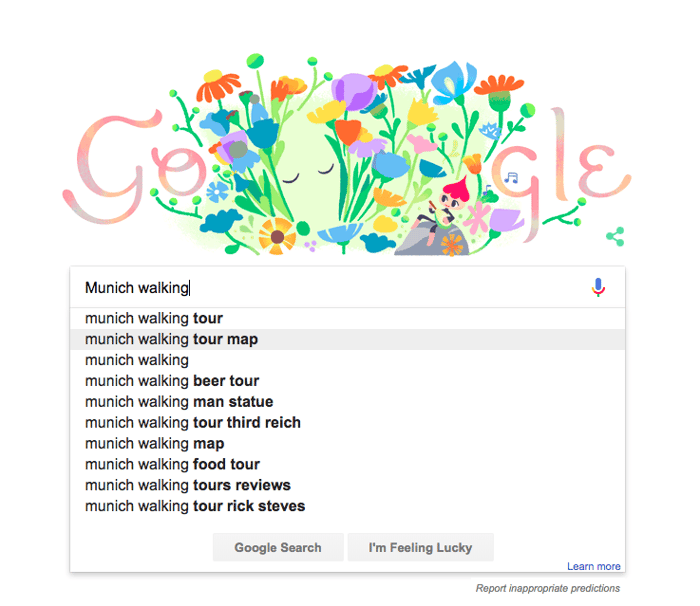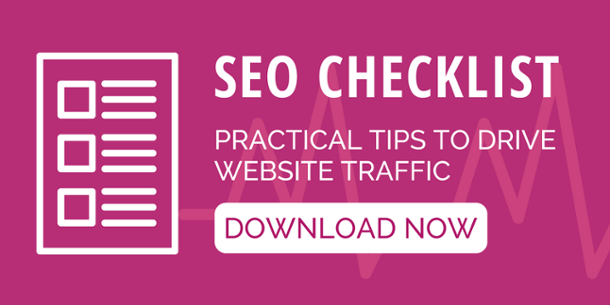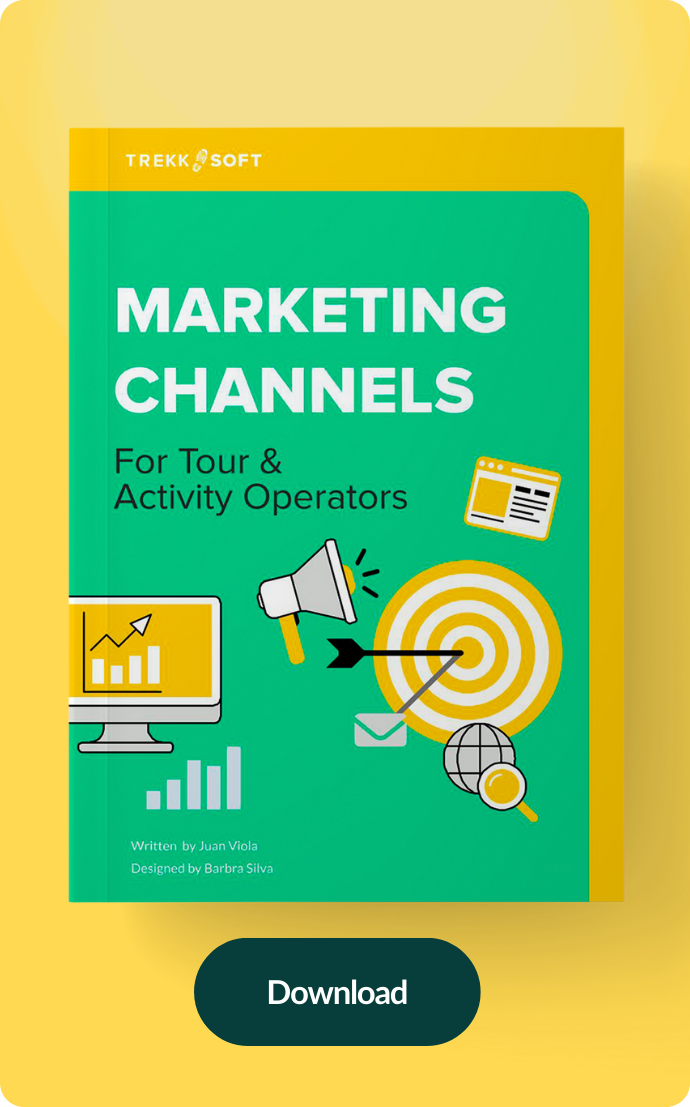Last month, we hosted a webinar all about SEO in 2018. The webinar was delivered by Marcelo, our in-house SEO expert who deals with spreadsheets and Google Analytics all day. He also has extensive experience in the area, having previously worked with brands like HSBC and Volvo.
It was our largest webinar to date, with over 600 signups. It was a great session and I thought it would be great to share some insights from the session.
The State of SEO in 2018
We live in the age of information. This not only changes behaviour, but also how businesses should perceive its customers.
Thanks to the Google Effect, the tendency to forget information that can be found readily online by using Internet search engines, we’re delegating a share of our memories and knowledge to the cloud. Therefore, to have an effective SEO strategy, we must understand how to form deep connections with our customers by understanding their feelings, needs and desires.
The Hummingbird Update that happened back in 2013 was the most important Google update since their launch. It shifted the focus from keywords to more conversational searches.
This means that algorithms today better understand the needs of users, not just the phrases or keywords their searching for. It’s why non-website results are becoming more important to the search experience. This includes videos, images and localised search.

What does all this means for us?
Google’s algorithm is way smarter than we think and is capable of understanding meanings instead of phrases, that’s why overloading pages with keywords is no longer effective or relevant.
It means that we need to focus on the search experiences instead of figuring out how to beat algorithms.
- Local search optimization is more relevant than ever
- Offer rich content experiences with great images and videos
- Focus on providing meaningful answers along the most important moments of your customer’s travel journey
In short, be there. Be useful.
What content to create and publish and share?
- Put yourself in your customers’ shoes - What would you be searching for when seeking an experience like the one you provide? Write that down.
- Activity related content - Think about potential questions your customer will ask. Address commonly asked questions and doubts. Addressing these questions online allows you to be present at the crucial moments throughout the customer journey. It also builds your reputation and establishes your authority on the topic.
- “Ready to book” content - What do customers look for when they're ready to book a trip? These searches have the highest conversion rates and you need to make sure your content compels them to book with you.
Read more: 5 tips to write a useful website
Tips to optimise your content
- Keep your content conversational. Remember that searches are getting more conversational. Users tend to search like they’re asking a friend a question.
- Reach out to bloggers and influencers offering them discounts or free tickets to talk about your activity. A good strategy is to work with bloggers who have a slightly smaller following, but whose followers are engaged with their content.
- Whenever you can, ask for a backlink.
- Write meaningful activity names that people would search for.
- Bad example: “An unforgettable day under blue waters”
- Good example: “Bahamas scuba diving”
- Write rich content about your services with detailed descriptions, images, testimonials and videos.
- Write relevant content about your city or region to emphasise your local presence and knowledge.
- Do not focus on the same keywords throughout your website. Use different keywords for different pages. If you use the same keywords throughout, it makes search engines doubt about the accuracy of your pages and will decrease your visibility.

- Use your keywords in your headlines, main paragraphs, and image captions. Remember not to overload your content with keywords and make sure to maintain readability.
- Use alternate phrases and synonyms when talking about your trip.
- Fill out your meta-tags (i.e. page titles and descriptions)
- Try not to exceed 60 characters. Google doesn’t consider the character count, but rather the total width of your descriptions in pixels.
- Description isn’t a ranking factor but helps attracting clicks even with lower rankings
- Use your blog or static pages to cover questions, related keywords and other important information that your homepage and activity pages doesn’t cover.
- Google’s algorithms cannot read texts in images so remember to include plain text descriptions on promotional pages with banners, for example.
- Improve your page speed, it is a really important ranking factor. Long loading time is biggest reason to users exit a site and look for an alternative. Use Google Page Insights to evaluate your site and implement their recommendations.
- Improve your website’s user experience. Organise your layout and navigation so that users can find answers to their questions and solve your needs in as little steps as possible. Organize your pages and menu to reflect search moments and intentions.
SEO research tools

- Google autocomplete - Need to know what keywords to use? Type in the first few terms you're searching for and let Google fill out the rest. It's also a good way to research for other topics to write that might be relevant to your existing content.
- Keyword Magic Tool by SEMRush - Want to know what keywords you should be ranking for? This tool gives you suggestions for keywords for based on the one you entered.
- Your competitors are a great way to benchmark your performance. Check out their titles, headlines and meta-keywords.
- SEO Browser - View your website like how a search engine perceives it
- SEO Mofo - A great Search Engine Results Page (SERP) tool to show you what your page title, page description and URL will look like in a Google search result page.
Download your checklist and run-through it every 2 weeks to keep your website SEO optimised.




